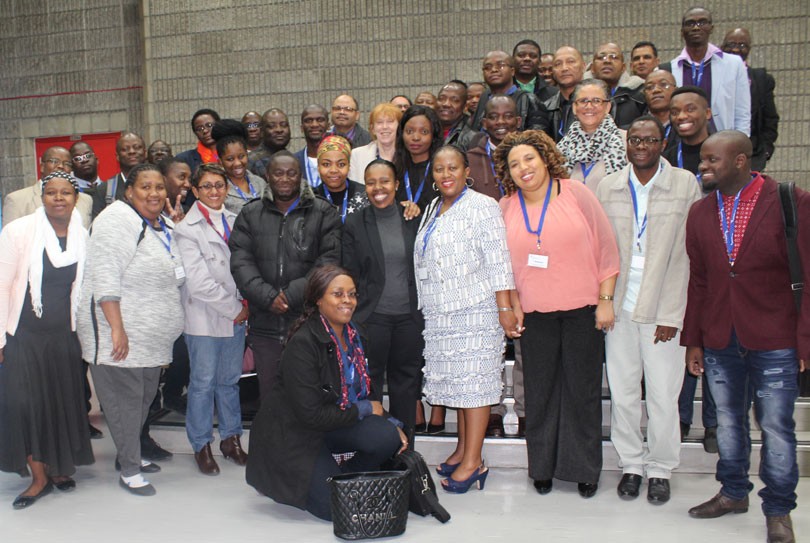Hundreds of delegates from African and Croatian universities converged at the Cape Town Campus to attend the recent third International Leadership & Management in Projects Driven Industries in South Africa (LAMIPISA) Conference.
Organized by the Department of Management and Project Management, the four-day conference comprised of two sections; the traditional academic research papers and academic development models on how to eradicate poverty on the continent.
In the first section 67 abstracts and 49 full papers were submitted with 42 of them being presented at the conference by their authors.
The models for poverty eradication section, which was essentially new to most academics, had 38 abstracts and 29 of the 32 full papers were presented.
Besides South African universities the international community made an impressive attendance with universities in Croatia, Botswana, Nigeria, Rwanda, Zimbabwe, Uganda, Namibia and Tanzania sending delegates.
The Department of Agriculture and the Black Management Forum also attended the conference as observers, an opportunity which the organizers intend to exploit further for future LAMIPISA conferences.
The Higher Education Supervisors’ Association for Africa was adopted as an indispensable accessory to effective promotion of more masters and doctoral students to boost the position of academics on the continent.
The association has a membership of 91 members and its draft constitution is being developed.
“The association is intended to build itself into an apolitical association of African Supervisors for higher education to leverage the shortage of supervisory capacity as well as examination of thesis making use of resources outside of host institutions,” says Nobuhle Luphondo, a member of the Organizing Committee.
“All Model papers have been dispatched for peer review and will be converted into a textbook that will be utilized in African Universities for Development Economics,” adds Luphondo.
“We have two publishing houses who have indicated interest to publish this book.”







